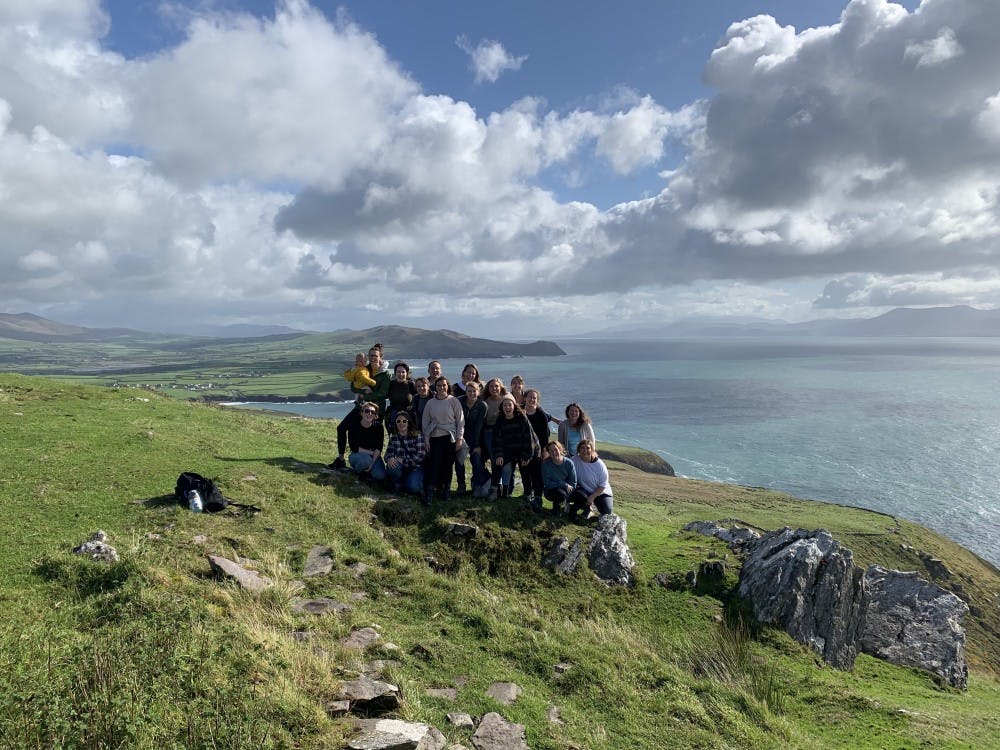GREYSTONES, IRELAND — College is a great time to take a step back and evaluate what we really believe. At Taylor, classes are geared toward context, evaluation and critical analysis. Professors ask how Christians should view different topics and aspects of life and history.
Even within this university though, some could say a few crucial topics are being left out. One topic is the role, expectation and stereotype of women, specifically in regard to authority.
In my experience, textbooks don’t often include the heroic women that helped shape important events of American history. Off the top of my head, I can only think of a few women I learned about in history classes throughout high school or college. I can think of dozens of men.
This semester, the Irish Studies Programme has a brand-new “Women in Leadership” theme for all the courses. There is also a women in history minor in the works back at Taylor.
The fact that we need an intentional focus announced before we bring up women leaders in history who made huge contributions is telling. Why were they not already included if they made such a difference?
This is not only a problem in America. I would say most countries struggle to accurately include the women who helped shape their cultures, and Northern Ireland and the Republic of Ireland are no different.
“The Women’s Coalition is one of the most incredible parts of Northern Ireland and the Good Friday Agreement,” said Emilie Hoffman, the on-site director of the Irish Studies Programme. “But it’s also one of the most hidden.”
Because of the focus of this semester, we have gotten the opportunity to hear about many forgotten women, both in Ireland and in America. The classes here are not designed to change our opinions or beliefs but instead to give us space and time to think through what each of us actually believes.
The main lecturer for our women in leadership course is Kate Bowen-Evans, a humanitarian with experience in global missions.
“My overall goal is actually that there’s something that changes in each individual student about their sense of value,” Bowen-Evans said. “It’s about learning to understand what you’re seeing and asking what’s the impact of the messages you hear.”
Hoffman shared similar goals.
“I hope students will critically engage with gender issues and compare the history and current state of those issues,” Hoffman said.
Personally, I have only ever heard the two extreme opinions talked about regarding women in authority positions. I’ve heard the very traditional churches who hold firmly to the idea that women should be submissive and never hold an authority position over men. I’ve heard women in hats resembling female genitalia yell about how despicable and incapable men are. I did not feel comfortable in either setting.
Having a class centered on women in leadership, however, has been a great place for me to
explore both sides and everything in the middle. I think this would be wildly beneficial to my peers back at Taylor. It’s very unfortunate that there are no male students here to experience this curriculum.
“It’s not about saying women’s leadership is better than men’s leadership but that there’s space for both,” Hoffman said.
That is a message we could all benefit from exploring. I’m thankful this program is giving me that opportunity.




